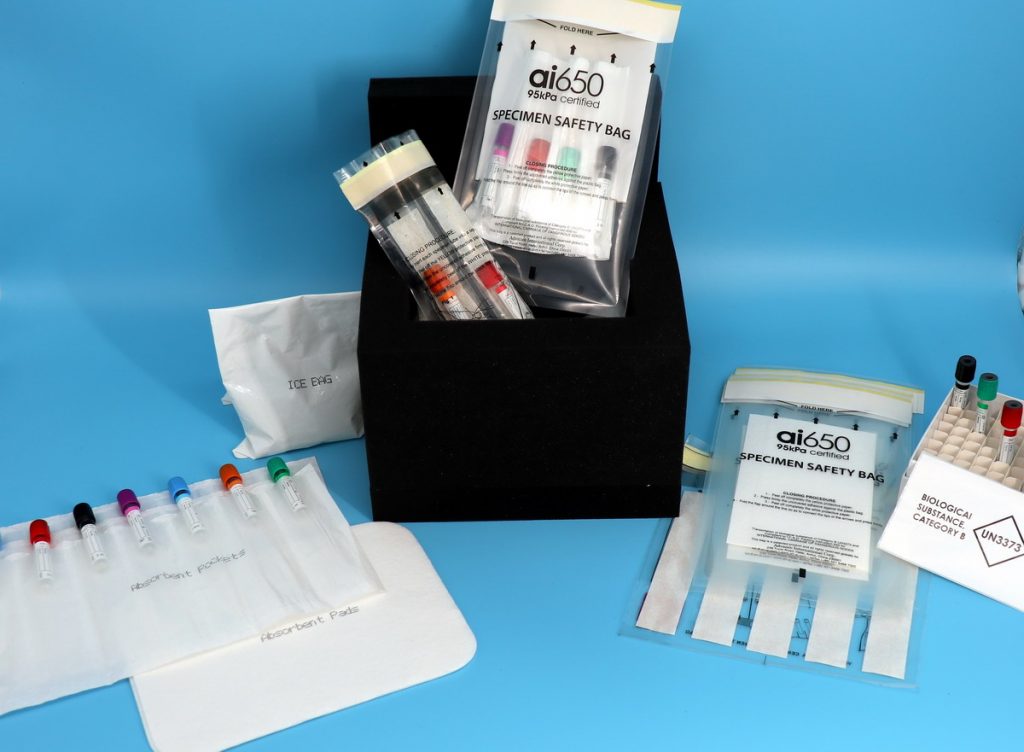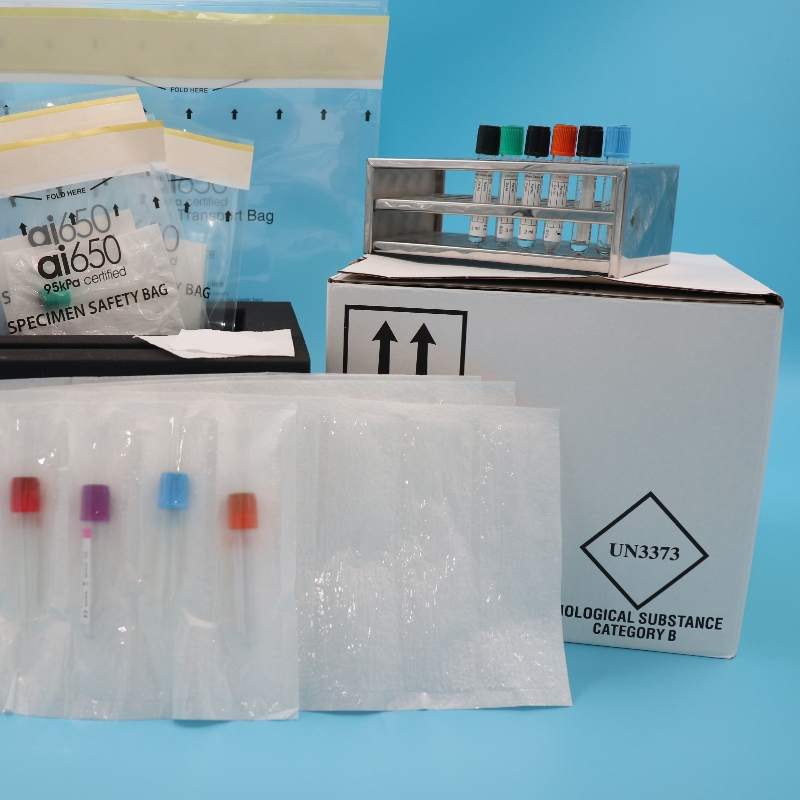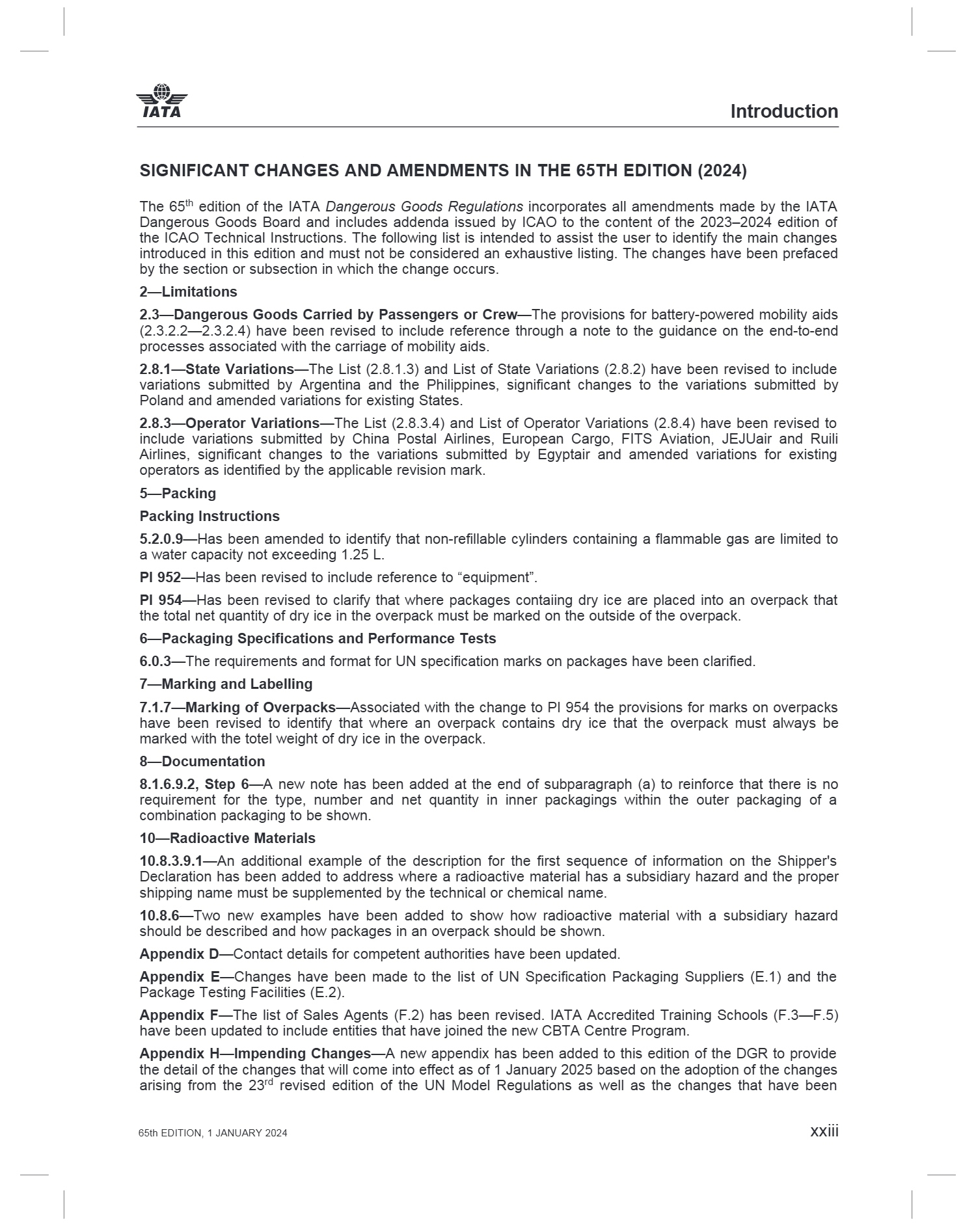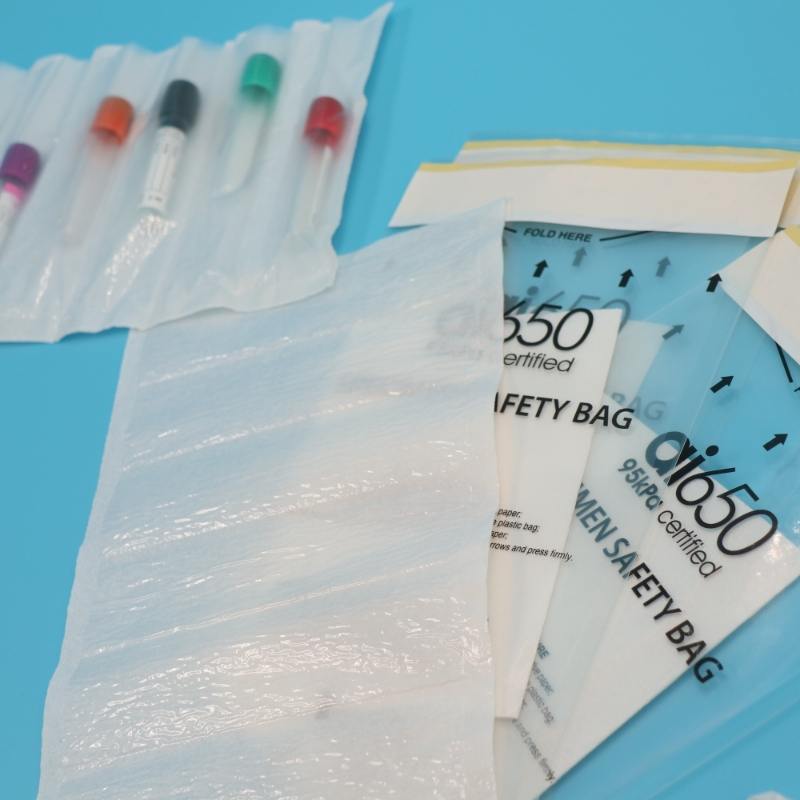
What is a Specimen Kit? Unveiling the Essentials for Effective Sample Collection and Analysis
In the realm of scientific research, medical diagnostics, and environmental studies, the accurate collection, preservation, and transportation of samples are paramount. This is where a specimen kit comes into play – an indispensable tool designed to ensure that samples remain uncontaminated, stable, and suitable for analysis from the point of collection to the laboratory. In this blog post, we delve into the intricacies of what constitutes a specimen kit, its components, and its significance across various fields.
Understanding Specimen Kits: A Comprehensive Overview
A specimen kit, often referred to as a sample collection or transport kit, is a meticulously assembled package containing all the necessary materials and instructions for collecting, preserving, and safely transporting biological, clinical, or environmental samples to a testing facility. These kits are tailored to specific types of samples such as blood, saliva, swabs, tissue biopsies, urine, or even water and soil samples in environmental studies.
Key Components of a Specimen Kit
-
Collection Devices: Depending on the sample type, these may include sterile containers, tubes, swabs, needles, syringes, or specialized tools like nasal or throat swabs for respiratory samples.
-
Preservation Solutions: To maintain sample integrity, kits often contain preservatives or stabilizers that prevent degradation, inhibit bacterial growth, or fix cells in their natural state. For instance, RNAlater is used for stabilizing RNA samples, while EDTA is commonly used for blood sample anticoagulation.
-
Instruction Manuals: Clear, step-by-step guides ensure proper handling and minimize user error during sample collection and preparation.
-
Labeling Materials: Barcode labels, adhesive tapes, or waterproof markers facilitate sample identification and tracking throughout the supply chain.
-
Cold Chain Packaging (if needed): For temperature-sensitive samples, insulated packaging with ice packs or gel packs ensures samples stay within the required temperature range during transit.
-
Biohazard Bags and Containers: To safely dispose of used collection devices and protect against potential contamination.
The Significance of Specimen Kits
-
Accuracy and Reliability: By providing standardized collection methods and preserving agents, specimen kits enhance the accuracy and reliability of test results, crucial for making informed decisions in healthcare and research.
-
Sample Integrity Preservation: Properly designed kits minimize contamination risks and degradation, ensuring that samples accurately represent the original biological or environmental context.
-
Ease of Use: User-friendly instructions simplify the collection process, reducing errors and enabling non-professionals to collect samples under medical supervision or self-administration scenarios.
-
Regulatory Compliance: In clinical settings, using validated specimen kits ensures adherence to strict regulatory standards for sample handling and analysis, essential for patient safety and data validity.
-
Global Implications: From diagnosing infectious diseases in remote areas to monitoring environmental pollutants, specimen kits play a pivotal role in global health surveillance and ecological assessments.
Conclusion
In summary, a specimen kit is far more than a simple assortment of containers; it’s a carefully curated system designed to uphold the highest standards in sample collection and handling. Its importance spans across disciplines, impacting everything from individual patient care to large-scale public health initiatives and environmental conservation efforts. As technology advances, so too will the innovation behind specimen kits, further enhancing their efficiency, accessibility, and contribution to scientific discovery and human wellbeing.




